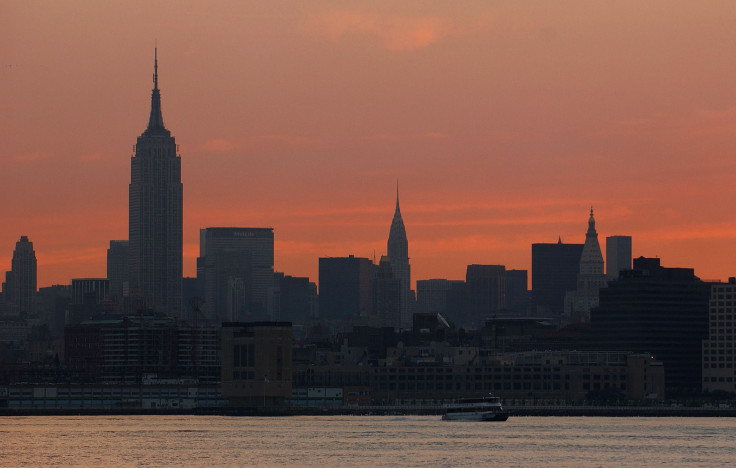How Empty Bedrooms Could Spur $174B In Additional Revenue: It's Easy — Rent Them Out

With growing income and wealth inequality on the minds and tongues of federal politicians lately, an old-school solution has been proposed to provide affordable housing in the United States.
Financial advisory website Finder.com notes that with rental prices soaring in some areas of the country, there’s a lot of untapped space for people to move into. Across the country there are roughly 33.6 million spare or empty bedrooms, representing about $174 billion in potential real estate income, the website concluded.
“I think when it comes down to it, you in your actual home as a place you live and a place you own as almost a hotel or business is not a normal thing to most people,” Fred Schebesta, a co-founder of Finder.com, said in an interview with International Business Times. “I think that’s changing, and with this sharing-economy trend, people are becoming a little bit more comfortable.”
What was once a widespread practice is now a rarity. In the 1800s, offering up a spare room in one’s home was commonplace. Lodgers gained cheap access to rooms, often with a shared bathroom, in a family’s home. Homeowners had another source of income to help pay their mortgages. At one point, an estimated half of all urban dwellers were living in a rented room in such a scenario.
The new data suggest that scenario is still a physical possibility, but challenges have popped up in the past century or so. There are now a variety of regulations at the federal, state and local levels that were enacted for a range of concerns — from the dedicated self-interest of real estate developers who wanted to reduce risk and close residential hotels, to people working to ensure that decent housing standards were enacted. The net effect of those reforms, along with outright restrictions in suburbs as people moved outward and away from cities, severely cut down on the practice.
But lodging may make sense in the current economic landscape. The global recession in 2008 sparked a massive move toward renting over owning that strained the number of rental units available. Markets being markets, that increased demand pushed rental prices up and the disposable incomes of Americans down.
Of course, as anyone living in a major city like New York — where property costs are often prohibitive, leading people to favor renting over buying — can attest, renting rooms is and has been happening for a long time, even with those regulations. Schebesta and the Finder.com data say even in those markets, however, there is opportunity for people with extra rooms to make a bit of extra dough. In the state of New York, for instance, there are just over 16,000 spare rooms, which could add at least $83.5 million in income if each had an inhabitant. Finder.com says state estimates are based on the idea a renter would be paying $400 a week, which is much lower than the average rental of a one-bedroom apartment in New York ($3,100).
“Even myself, I rented a room out in a home that I didn’t [initially] mean to rent out. It was a good source of income,” said Schebesta, who is 35 and lives in Sydney.
But the larger point is the potential of the growing sharing economy, which encourages people to share goods and services collaboratively and freely. That movement can be seen popping up to give people the opportunity to share all sorts of things, from work spaces to, yes, even housing.
“It starts the conversation of, well, here is an obvious thing, but what other obvious things are there?” Schebesta said. “It’s really a starting point of a simple thing. But it gets you thinking [things like] ‘Well, could I rent my car?’”
© Copyright IBTimes 2024. All rights reserved.












